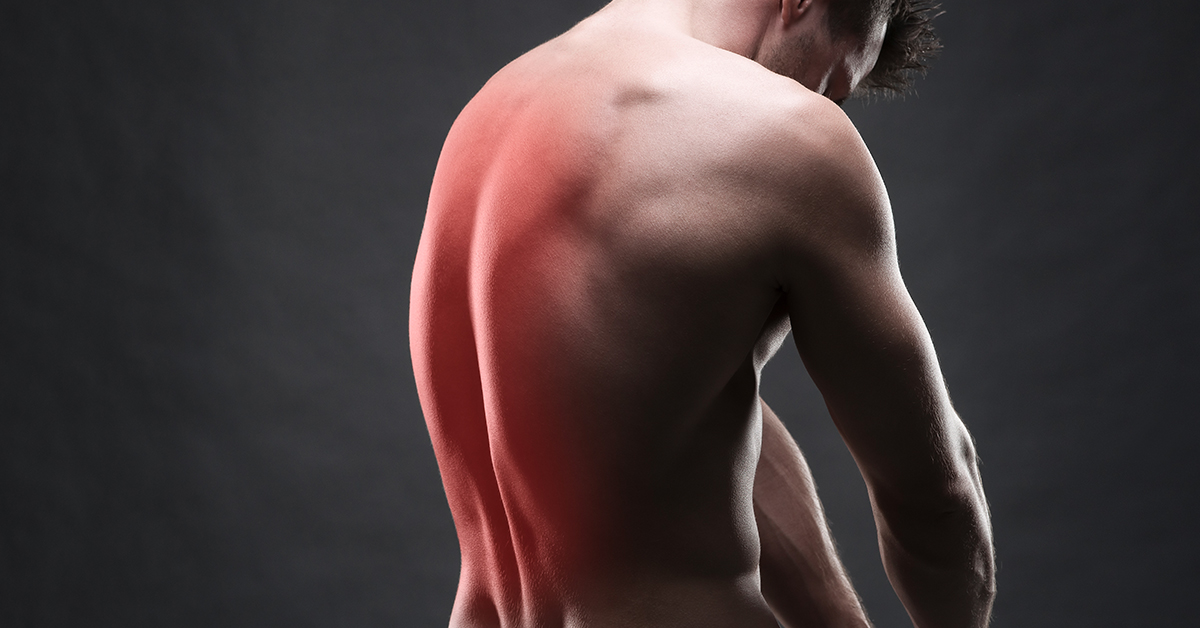
How to Cope with Chronic Back Pain and Depression
Chronic back pain lasts for more than three months. Unfortunately, it can prevent you from completing everyday tasks and leading the happy, fulfilling life you deserve. Therefore, it's no surprise that chronic back pain and depression go hand-in-hand. In fact, research has shown that depression and anxiety affects 30 to 50% of individuals with chronic back pain.
In most cases, depression can intensify chronic pain and chronic back pain can magnify depression. People with chronic back pain are three times more likely to face symptoms of depression while those with depression are three times as likely to experience chronic back pain.
Common Symptoms of Chronic Back Pain and Depression
As stated above, chronic back pain is back pain that persists for three months or more. It may worsen over time as your body develops a sensitivity to it. This may change your pain perception and cause you to experience pain in areas that were fine in the past.
Chronic back pain can also lead to the snowball effect where it interferes with sleep and in turn, leads to a loss of productivity and reduced daily function. In time, the snowball effect can cause irritability and socialization issues.
Now let's talk about depression. The most common symptoms of this mental health condition include fatigue, insomnia, loss of appetite, irritability, and social withdrawal. Depression can also lead to frequent feelings of despair or worthlessness.
Best Treatments for Chronic Back Pain and Depression
If you're suffering from chronic back pain and depression simultaneously, there are a number of health professionals that can treat your conditions. A multidisciplinary approach is often the best way to treat chronic back pain and depression.
You may want to consider working with a combination of behavioral therapists, physical therapists, pain specialists, and doctors. They may prescribe a variety of treatments including:
- Cognitive Behavioral Therapy: This therapy aims to change the way you think and cope with negative symptoms so you can stop them from reappearing.
- Medications: Medications such as pain relievers and antidepressants can help treat depression. However, it's important to consider their side effects and try them out to see how your body responds.
- Support Groups: There are many online and in-person support groups for people who are in the same boat as you. You may find it beneficial to surround yourself with others who are also coping with chronic back pain and depression.
- Biofeedback Therapy: Biofeedback can help you feel more relaxed when you're stressed or uneasy. You'll be able to try out various techniques and receive real-time feedback so you can find out what works best for you.
If you're living with chronic back pain and depression, seek medical attention as soon as possible. This way you can work toward the happy, comfortable lifestyle you've been longing for.


